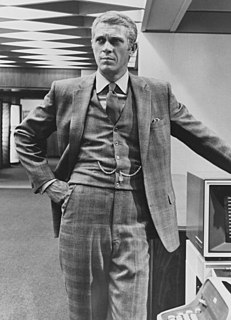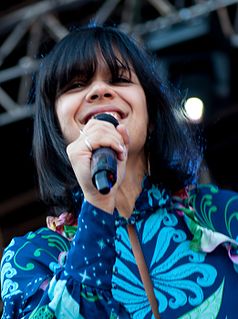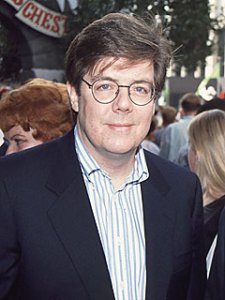A Quote by Tom Clancy
Speak your dialogue out loud. If it sounds like the way people talk, then write it down.
Related Quotes
There's lots of good movies where you feel that the dialogue could be improvised, but very little was. The "Big Lebowski" was like that where people say "oh, you know, that sounds so..." and we'd always go back and get every man, every ellipses in there the way these guys write it. Because not only is it saying what Michael wants the character to say but the way they all speak kind of creates this tone because it's not exactly real.
The secret to writing sound effects is having a room you can be alone in, trying to make the sounds yourself, and seeing what comes out. It's similar to if you're writing a character talking with their mouth full: the only way I know to transcribe that is to stuff my fist in my mouth and write down what sounds I make when I try to talk.
There's a marvelous sense of mastery that comes with writing a sentence that sounds exactly as you want it to. It's like trying to write a song, making tiny tweaks, reading it out loud, shifting things to make it sound a certain way... Sometimes it feels like digging out of a hole, but sometimes it feels like flying. When it's working and the rhythm's there, it does feel like magic to me.
I hate it when I'm reading a comic, and the dialogue looks like stickers stuck on top to explain what's going on. For me the best is when your eye goes in a certain point and moves through the composition and then springs out on the dialogue, or gets confused in the image and then goes to the dialogue for an explanation.
I think that the way that I write stories is by instinct. You have some basic ideas - a character, or an image, or a situation that sounds compelling - and then you just feel your way around until you find the edges of your story. It's like going into a dark room... you stumble around until you find the walls and then inch your way to the light switch.
When someone like Kurt Cobain or Jack White comes out, they didn't go, "He sounds just like Muddy Waters," did they? They just said, "He's great, he sounds like him." When women come out and men write about them, they tend to write about them in a way that other men can understand, which sometimes can seem a bit patronizing.
The angels don't care what words you use. They appreciate the engraved, fancy prayers, but they say, "Just talk to us." You can use ordinary language - the language you use when you talk with your best friend - when you ask for help. If you want to reach out to the angels for something very personal for yourself, you can say, "Dear guardian angels and archangels, I ask that you come to me now and help me resolve this problem or issue." And then you just pour out your heart to the angels. You can do it silently in your mind. You can say it out loud. You can write it.







































